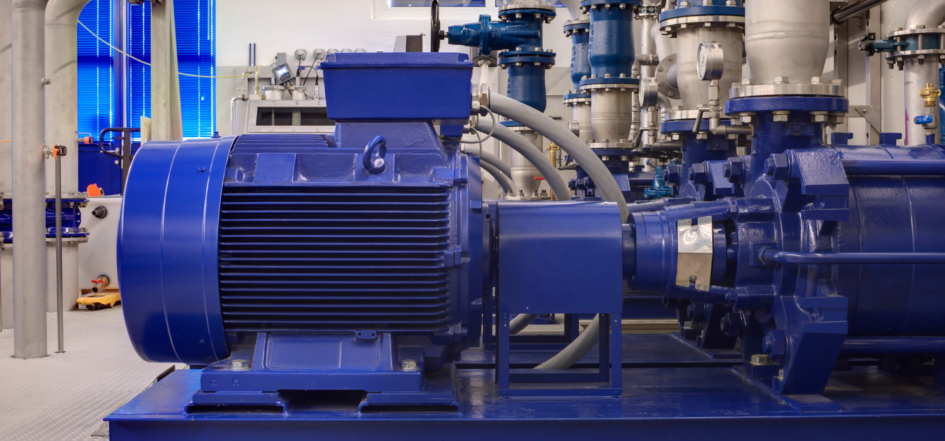Without proper venting, the residual gases in the system can create several problems. One of the most common problems is a reduction in the vacuum level. Residual gases can displace the vacuum in the system, reducing the effectiveness of the vacuum pump. This can cause the pump to work harder and longer to achieve the desired vacuum level, leading to increased energy consumption and wear and tear on the pump.
Another problem that can arise from improper venting is contamination of the vacuum system. Residual gases can contain particles or chemicals that can contaminate the vacuum system and affect the quality of the products being produced or the results of the process being performed. Contamination can also cause damage to the pump or other components of the vacuum system.
Proper venting can also prevent damage to the vacuum pump itself. Residual gases can condense and form liquids that can damage the pump’s internal components. Additionally, if the residual gases contain corrosive substances, they can cause corrosion or other damage to the pump.
In summary, proper venting is essential in vacuum pump systems to maintain the desired level of vacuum, prevent contamination, and protect the pump from damage. Vacuum systems should be designed with proper venting systems, and the venting should be regularly maintained to ensure optimal performance and longevity of the vacuum pump.
